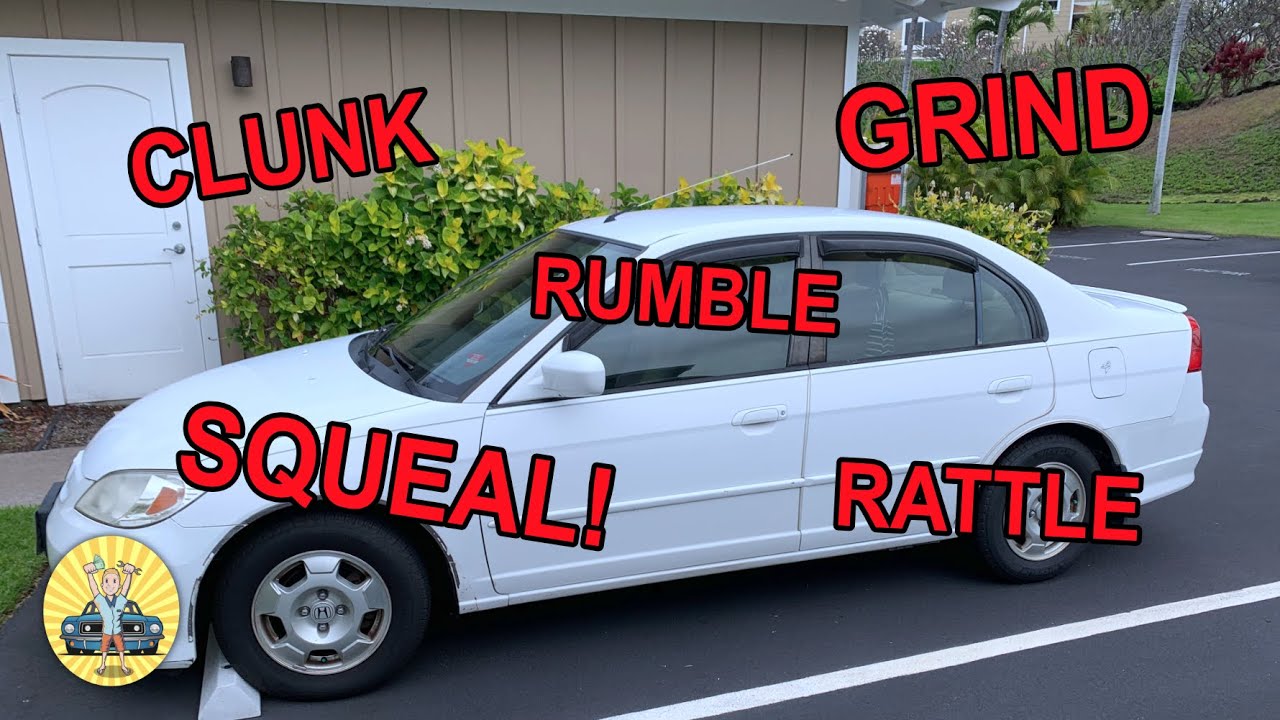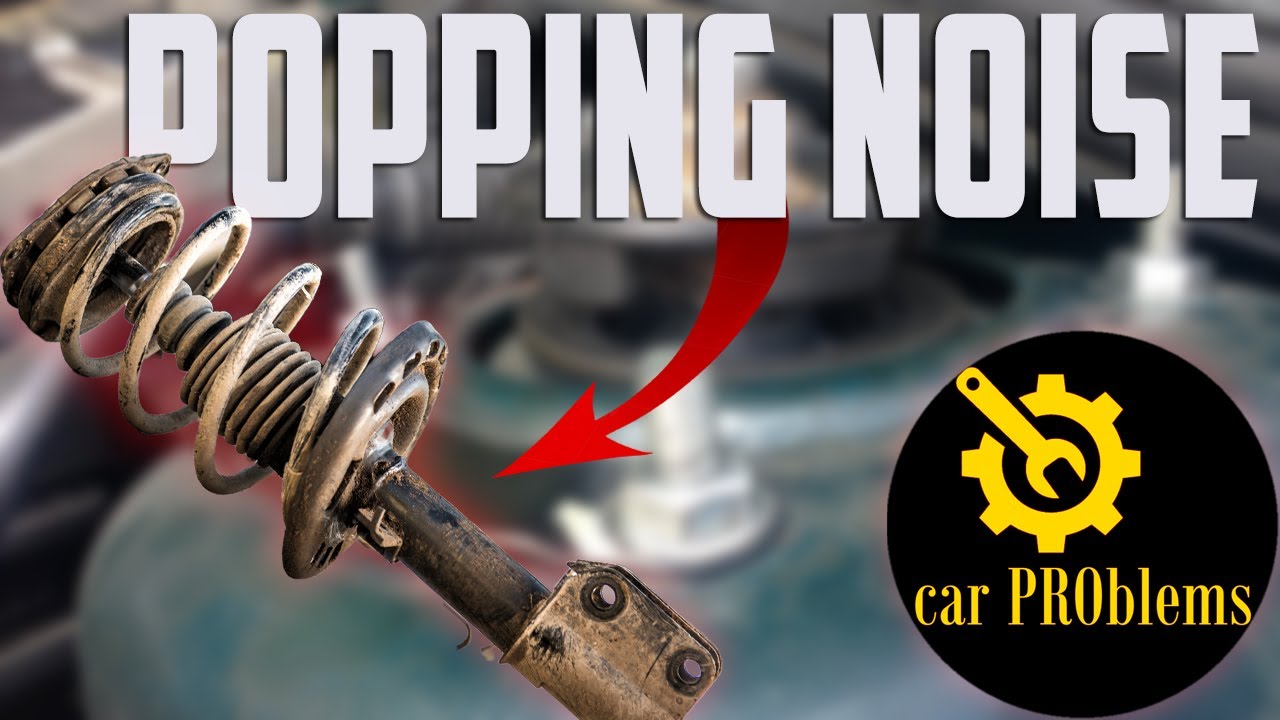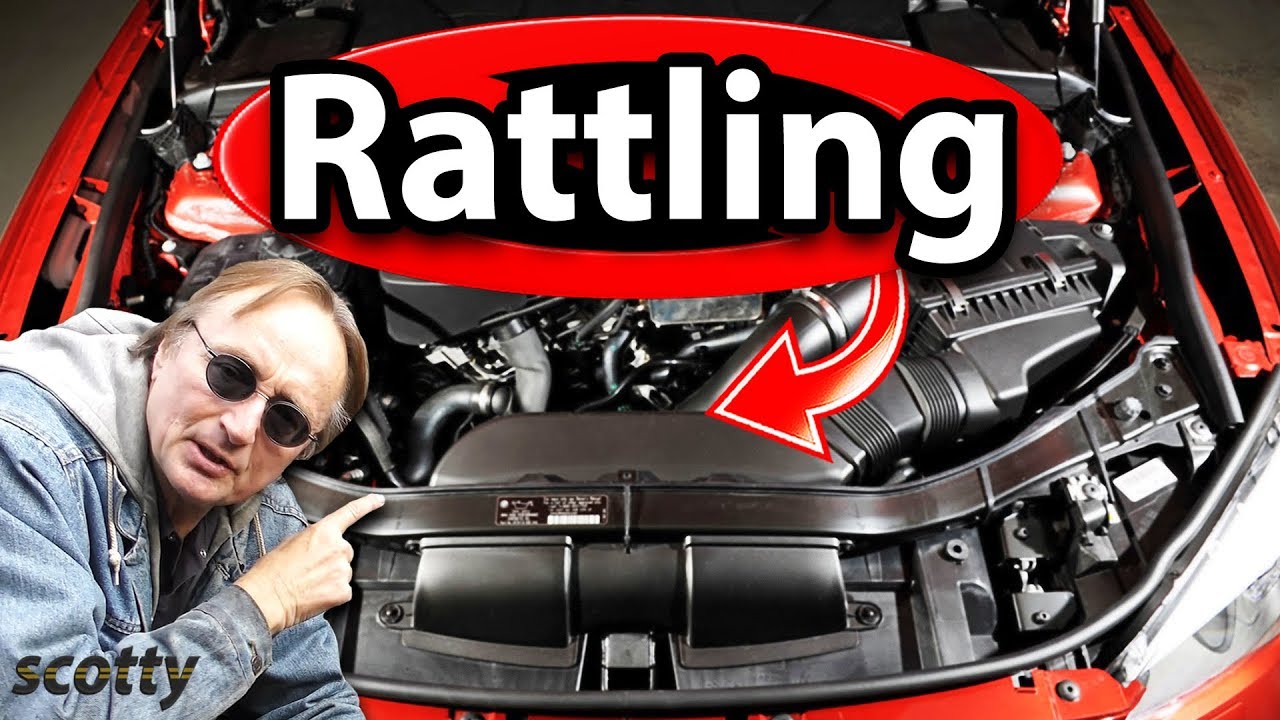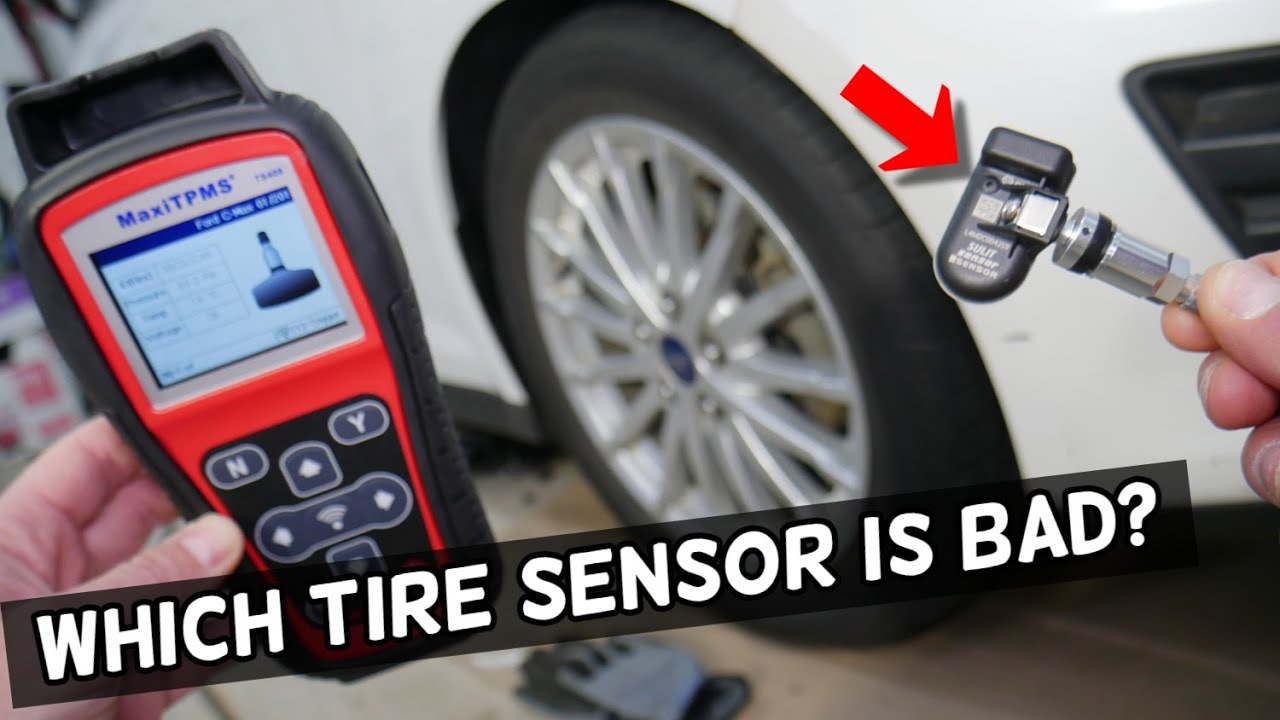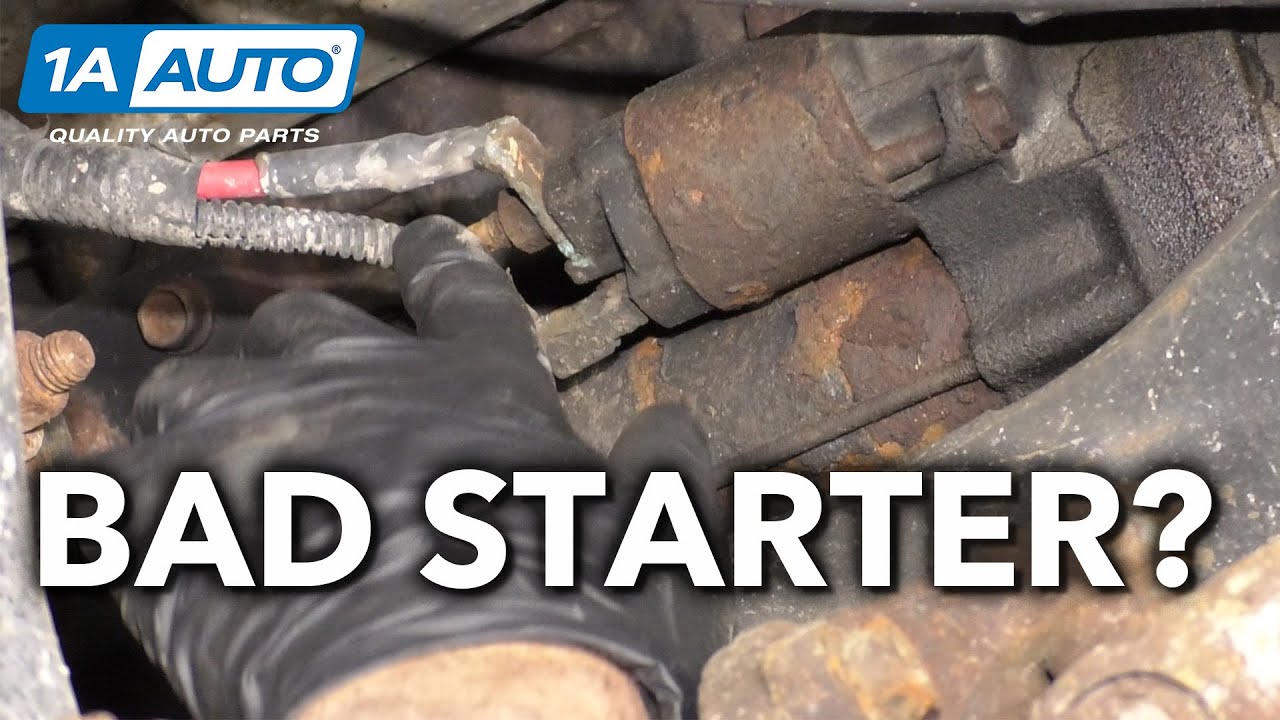Is your car singing a tune of troubles? Don’t ignore those mysterious noises! Each sound can be a clue to diagnosing a problem under the hood. Let’s turn up the volume and decode what your car is trying to tell you through its unique language of sounds.
But don’t panic; it turns out that the sound of your car can offer clues when diagnosing car issues. Read on to find out how to interpret some car faults through your vehicle’s sound.
What Are The Common Car Noises?
The following are some of the most common noises you may hear throughout the life of your vehicle.
Droning Noise
- A repetitive humming or buzzing sound that occurs when a car engine is running.
- Caused by a worn-out bearing.
- Indicates a problem with the car engine’s transmission.
Rattling Noise
- A sound from underneath the car which means something is loose.
- Caused by loose components in the engine, such as spark plugs or catalytic converter.
Knocking Noise
- Caused by using the wrong type of gasoline in the engine.
- Using low-grade gasoline damages the spark plugs, causing the engine pistons to move erratically, leading to the knocking sound.
Hissing Noise
- The noise is caused by air escaping from the component and creating a high-pitched hiss.
- It indicates a vacuum leak.
- Caused by a cracked vacuum hose or a leaky intake manifold.
- The hissing could be liquid falling on hot engine parts: engine oil, transmission fluid, or coolant.
High-pitched squeal Noise
- Sounds like a bird is chirping when starting the engine.
- The problem could be a worn or cracked belt.
Wobbling sound
- Sounds like a loud laundry machine on high spin.
- The problem could be loose wheel nuts or low tire pressure.
- Check the tires if you hear the sound.
Flapping Noise
- Caused by a loose or damaged fan belt, pulley bearing, or alternator bearing.
- The noise is a result of the faulty component vibrating or flapping against other parts of the car.
Clicking or humming Noise
- Occurs when turning the steering wheel.
- This could be a problem with your wheel bearings or a CV axle that’s worn and leaking grease.
- Without the grease, the components become dry and start making a clicking sound.
Screeching or grinding Noise
- The sound means that there is something wrong with the brakes.
- Caused by worn brake pads or contaminated brake fluid.
- Worn-out brake pads cause the metal brake caliper to scrape against the rotor, leading to this sound.
Rumbling Noise
- Low-pitched, rolling sound caused by an issue with the exhaust system.
- It can be caused by a broken exhaust pipe, a damaged catalytic converter, a clogged muffler, or an exhaust leak.
